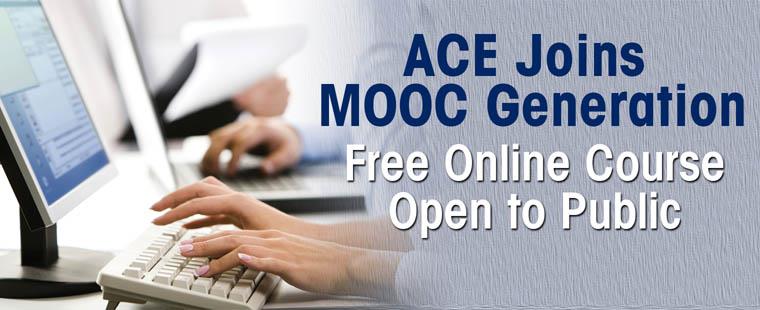In an effort to provide easily accessible education to all who desire it, Barry University will soon join the MOOC revolution when it unveils its first-ever free online course on October 7. The class is sponsored by Barry’s School of Adult and Continuing Education and focuses on disaster health.
A relatively new phenomenon in distance education, MOOC stands for massive open online course. MOOCs provide digital courses aimed at large-scale interactive participation between patrons. In addition to traditional course materials such as videos, readings, and problem sets, MOOCs provide interactive user forums that help build a community for the students and professors.
Barry’s first MOOC course is entitled Safety, Function, Action, and is designed for members of the disaster response community, including first responders, disaster-activated response professionals, and volunteers.
The course teaches a framework of six strategies for achieving and maintaining a high level of health and well-being during disaster response. Course content integrates public health, medical preparedness, and disaster behavioral health within one unified framework.
The course is free and open to the public and only requires internet access for participation. Participants are generally self-directed throughout the six-week program with learning outcomes that teach students to apply strategies and tactics into action during disaster relief. Though no continuing education credits are awarded, participants will receive a participation of completion of training.
The notion of disaster health was introduced as a concept and discipline in Homeland Security Presidential Directive-21 (HSPD-21). Safety, Function, Action defines “disaster health” as, “maximal safety in situations of threat, optimal function in situations of high stress, and effective action in response to emergencies, disasters, and extreme events.” To remain congruent with HSPD-21, Safety, Function, Action integrates elements of disaster medical care, public health, and behavioral health within a single framework.
The course’s instructors, James M. Shultz, Ph.D., founder and director of the Center for Disaster and Extreme Event Preparedness and a faculty member at the University of Miami Miller School of Medicine, and Andrea Allen, Ph.D., LMHC, Dean of Barry’s School of Adult and Continuing Education, each have an extensive background dealing with disaster relief theory and practice.
MOOCs first emerged in 2008 as a result of the ease of accessibility to internet access and the need for distant learning opportunities. The term MOOC was coined in 2008 by Dave Cormier of the University of Prince Edward Island and Senior Research Fellow Bryan Alexander of the National Institute for Technology in Liberal Education in response to a course called Connectivism and Connective Knowledge. The course enrolled 25 tuition-paying students in Extended Education at the University of Manitoba, as well as over 2200 other students from the general public who took the course online free of charge.
Barry’s MOOC class currently has over 250 registered participants. Estimates place the number of participants as high as 500 by the course start date of October 7. Barry’s administration will monitor the success of the initial class to make a determination on utilizing MOOCs in the future.

